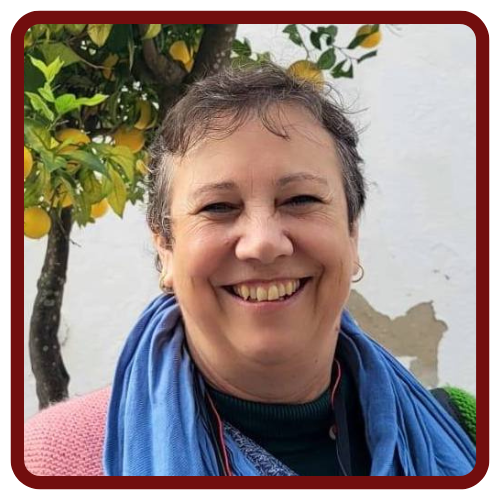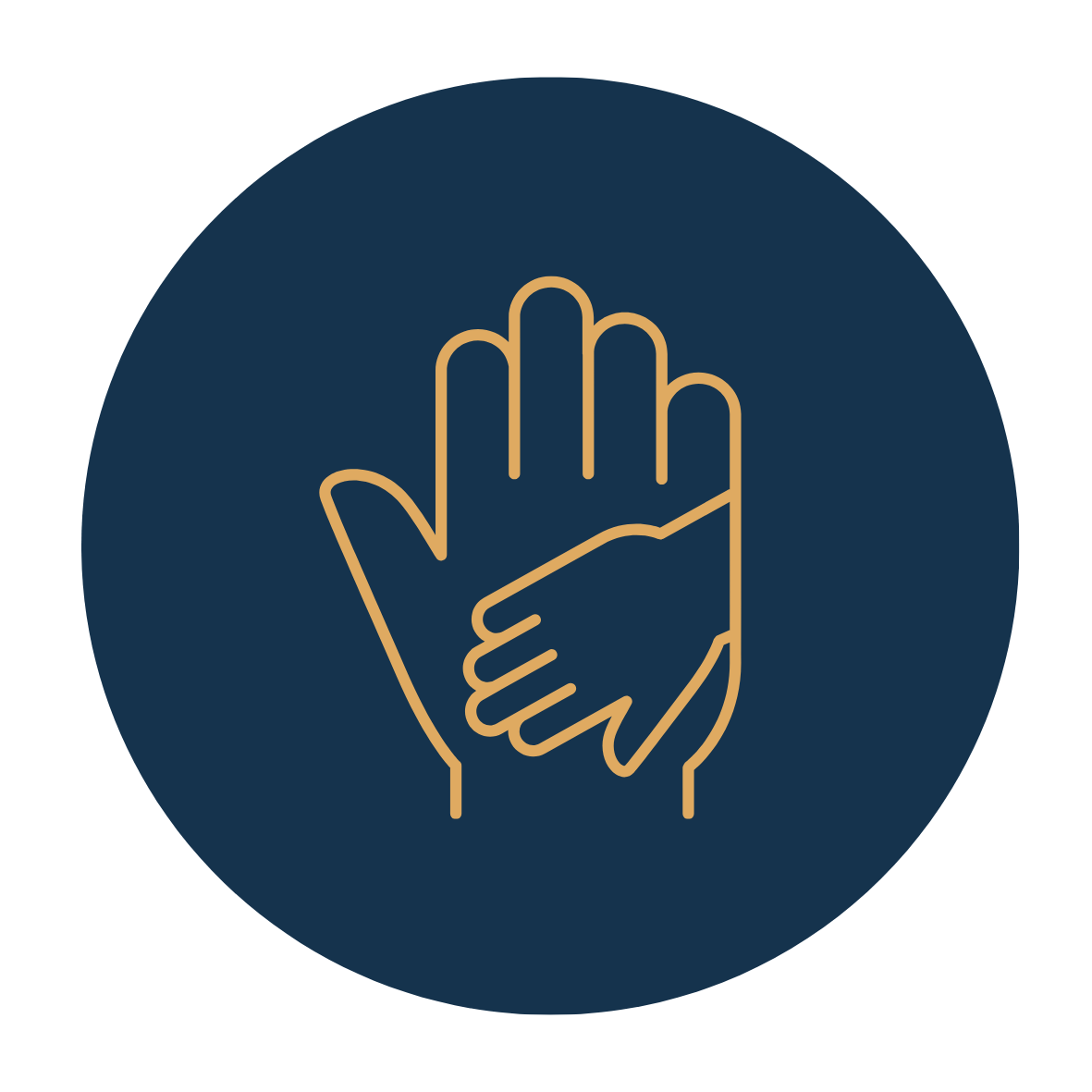SOCIODRAMA IN TEACHER EDUCATION
PRESENTERS: MARGARIDA BELCHIOR – LUZIA LIMA-RODRIGUES
DATE AND TIME: 28th of June, Friday 14:00-16:30
CONFERENCE TOPIC: Sociodrama and youth – raising the next generation: sociodrama of children and young people, and the professionals and institutions working with them
TYPE: Workshop
ROOM:
NUMBER OF PARTICIPANTS: 35
TAGS: Sociodrama and Youth, June28 Afternoon
ABSTRACT:
In this workshop we aim to share our work as sociodramatists and teacher educators in action. Working with sociodrama, action and expressive methods in teacher education for us is to work for social justice, equity, and inclusion in schools, facing the challenges of diversity, exclusion and minorities. This means that from our own perspective, sociodrama allows us to stress a participatory and democratic pedagogy, where teachers and students, together, can learn and build knowledge in interaction through dialogue, co-creating a more participative and democratic environment. In such classrooms the teacher is no more the center of the learning process, and the communication is not anymore unidirectional. Students engage themselves in the learning process and take a proactive role regarding both their individual trajectories and social process of group development. They can simulate situations and play their future roles. They can also put themselves in the role of parents, community members or colleagues. Doing so, we think of an isomorphic process through which probably these future teachers will develop themselves as more flexible, open, and good listener professionals and human beings.
Learning objectives:
- To experience and learn from some shared exercises used by the authors.
- To acknowledge the role of sociodrama and expressive action methods in teacher education and in schools.
References:
Belchior, M. (2021). Becoming a Sociodramatist: Sociodrama in Education. In Sociodrama – The Art and Science of Social Change (pp. 266–286). L’Harmattan. Eds. D. Adderley, M. Belchior, A. Blaskó, K. Galkoci, M. Maciel, J. Teszary, M. Westberg, and M. Werner (Eds.), http://sociodramanetwork.com/sociodrama-theory-and-methods/
Lima-Rodrigues, L. (2021). Sociodrama and Action-Based Learning in Teacher Training Some challenges to “provoke” inclusion. In D. Adderley, M. Belchior, A. Blaskó, K. Galkoci, M. Maciel, J.Teszary, M. Westberg, and M. Werner (Eds.), Sociodrama: the art and Science of Social Change (pp. 287–301). L’Harmattan. http://sociodramanetwork.com/sociodrama-theory-and-methods/
Lima-Rodrigues, L., and Belchior, M. (2022). Aprendizagem baseada na Ação: (trans)formação de professores para a inclusão. In A. P. Pereira, M. Loureiro, E. de, H. Reis, and R. C. Rodriguez (Eds.), Atas Congresso Luso Brasileiro de Educação Inclusiva (pp. 184–187). https://conlubra2022.weebly.com/uploads/1/6/4/6/16461788/atas_conlubra_vers%C3%A3o_final.pdf
Sternberg, P., and Garcia, A. (2000). Sociodrama: Who’s in Your Shoes? (S. Edition-Praeger, Ed.). Praeger Publisher.
ABOUT THE PRESENTERS:

Margarida Belchior is a teacher, researcher and sociodramatist. She started her Sociodrama training in 2011 (SPP). She organized teachers Sociodrama training; was the leading person, in Portugal, for the PERFORMERS project (ERASMUS) and author in the books which resulted from this project. She co-created the project Public Sociodrama with Art and led Sociodrama workshops in international settings, like the 6th and 7th International Sociodrama Conference. She is part of TELE’Drama Team and is finishing her Post-Doctorate in Inclusion and Expressive Pedagogies, teaching, and doing research in Education at Lusófona University.

Luzia Lima-Rodrigues is a lecturer at the Universidade Lusófona and School of Education of the Setúbal Polytechnic Institute. She is a pedagogue, psychopedagogue, sociodramatist, PhD in Education from Unicamp/Brazil and post-doctorate in Special Education and Expressive Therapies (University of Lisbon). She conducts research into teacher training, action methods and expressive pedagogies, and is the author of several scientific publications in the field of Inclusive Education. She is a guest lecturer and teacher trainer, having worked in various countries such as Finland, Kazakhstan, Italy, France, China, Cape Verde, Scotland, Argentina and Brazil.






